Chickenpox not only causes uncomfortable symptoms but also leaves many complications. In particular, chickenpox in adults often affects more severely than children.
Recognize chickenpox through each stage
Chickenpox is caused by the Varicella-Zoster virus (VZV), which is easily spread through the respiratory tract and can be divided into different stages such as:
- Incubation period: The incubation period in adults can last from 10 to 20 days from the time of infection with the virus. In this early stage, when the virus enters the body, the patient often does not show symptoms and at this time it is difficult to recognize that he is infected.
- Onset phase: The first symptoms will begin to appear such as: Fatigue, headache and mild fever. After about 24 to 48 hours of onset, red spots will appear on the patient's skin. In addition, some other symptoms may appear such as swollen lymph nodes behind the ear, sore throat...
- Full-blown stage: At this point, the symptoms of the disease become more obvious and severe. The patient may experience muscle pain, headache, high fever, loss of appetite, nausea,...
The red rash on the patient's skin can turn into blisters and cause the patient to feel very uncomfortable and itchy. When the itching is unbearable, the patient will reflexively scratch these blisters, causing them to burst and form scars later. More worryingly, this condition can also increase the risk of dangerous secondary infections if not treated promptly.

Chickenpox causes red rashes on the skin.
In particular, blisters will not only appear on the skin areas of the body but also appear on the oral mucosa. Therefore, it is very difficult for the patient to eat and drink.
If not cared for properly, infection is likely to occur. Typically, if an infection occurs, the fluid inside the blister will turn cloudy or contain pus, and the blisters will increase in size.
- Recovery phase: After about 10 days from the onset of the disease, the broken blisters will dry up and gradually flake off. During this phase, patients also need to take proper care of their skin to prevent the risk of infection.
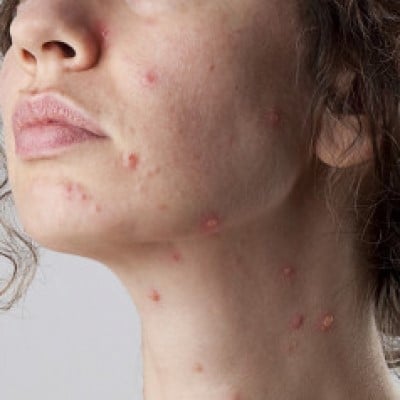
Chickenpox patients need to take proper care of their skin to avoid infection.
Complications of chickenpox
Chickenpox complications can occur in anyone, so people with the disease should not be subjective, need to closely monitor and follow the doctor's treatment instructions.
Notably, adults with chickenpox are more likely to have severe illness and are at risk of secondary infections than children with chickenpox. Complications may include:
- Pneumonia: This complication often appears in adults on the 3rd to 5th day of the disease, leading to respiratory failure, pulmonary edema...
- Chickenpox infection: This is a condition where the skin areas are infected, ulcerated, and have a high risk of leaving pitted scars.
- Sepsis: This is a complication that develops very quickly, when the pathogen VZV from chickenpox blisters spreads to the blood, leading to tissue damage and organ failure.
- Shingles: A complication of chickenpox caused by VZV relapsing after many years in the body. People with shingles will experience severe pain and can cause motor neuron inflammation, muscle weakness around the rash area.

Chickenpox can lead to secondary skin infections.
How should adults with chickenpox be treated?
To help adults recover quickly from chickenpox and limit complications, you can refer to the following treatments and skin care methods:
- Use medication: When the patient has a high fever, fever-reducing medication can be used. If the patient has body aches, pain relievers, anti-inflammatory drugs, etc. should be used as prescribed by the doctor.
- Apply a cold, clean towel to the affected area to make it feel more comfortable. Be careful not to let the skin come into direct contact with the ice, and do it gently to avoid breaking the blisters.
- Use antiviral drugs: Some patients may be prescribed antiviral drugs to shorten the duration of infection and reduce the severity of the disease, but they should also be used as directed by a doctor.
- Clean your body daily with clean, warm water.
- Drink enough water and supplement with enough nutrients to provide vitamins and minerals for the body.
- Do not scratch the blisters to prevent the risk of secondary infection, skin infection and reduce the risk of scarring. Patients should cut their nails short, change clothes regularly and keep the skin dry and clean.
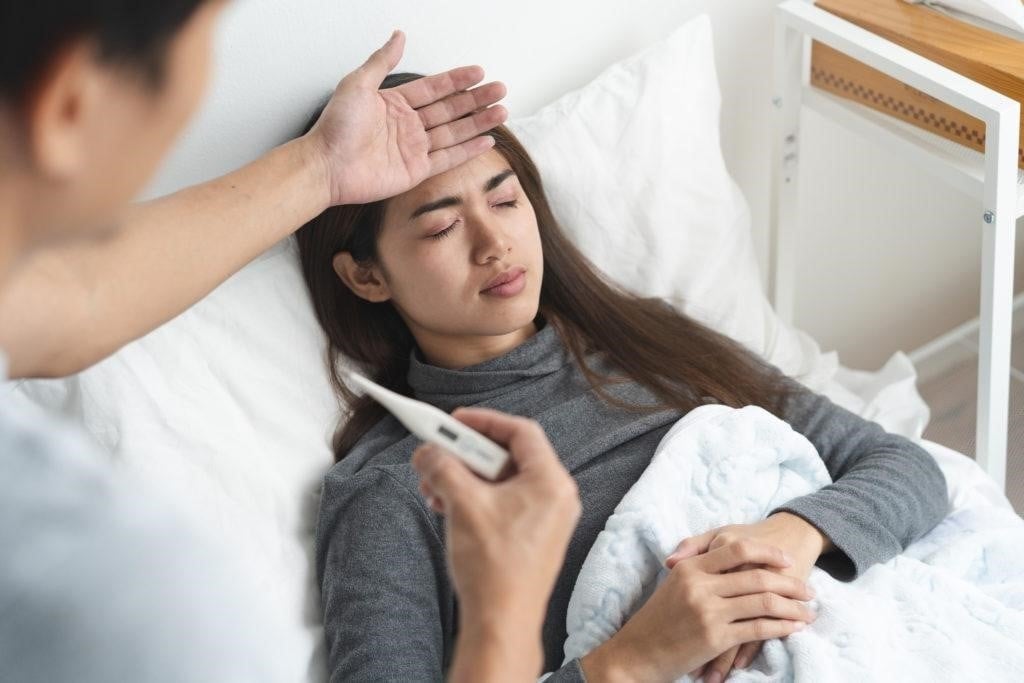
Chickenpox patients need to have their fever reduced promptly if they have a high fever.
Support to improve chickenpox in adults thanks to the duo of Subac granules and gel
To prevent and support the improvement of chickenpox and prevent dangerous complications, patients should combine the use of the herbal duo "internal oral - external application" Subac granules and gel.
In particular, Subac gel is a topical product on the market that uses Nano silver technology to help fight bacteria, viruses, cleanse the skin, and quickly heal skin damage caused by chickenpox. In addition, Subac also contains neem and chitosan extracts to help fight bacteria, stimulate skin regeneration, and prevent the formation of dark scars.
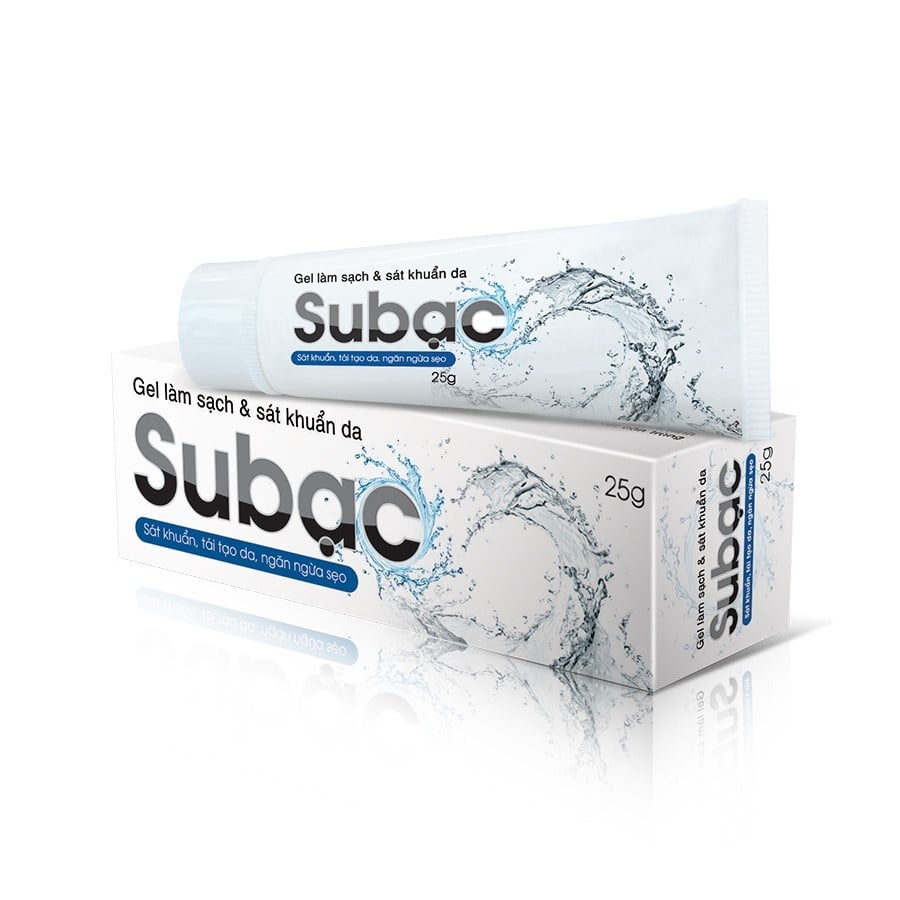
Subac gel helps quickly heal skin damage caused by chickenpox.
Besides, if you want to help prevent and speed up the process of improving chickenpox, you need to support increased resistance with Subac granules.
Subac granules contain herbs such as neem leaf extract, mango leaf extract, Eclipta prostrata extract, zinc gluconate, angelica extract, L-lysine,... which help to enhance resistance, prevent and support healing of skin damage caused by chickenpox, and help relieve symptoms in case of infection.
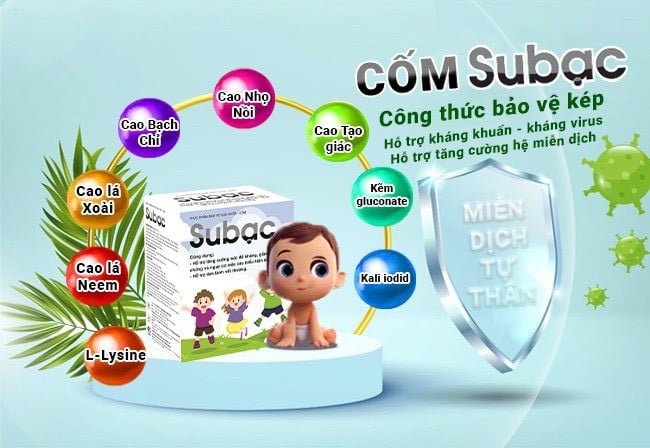
Subac rice helps increase resistance, supports anti-virus and anti-bacterial
Above is information about chickenpox and treatment methods. Hopefully the above content will help you prevent and treat chickenpox effectively!
Anh Thu
*Products are available at pharmacies nationwide.
*This food is not a medicine and does not have the effect of replacing medicine to cure diseases.
Source: https://giadinh.suckhoedoisong.vn/benh-thuy-dau-o-nguoi-lon-dieu-tri-nhu-the-nao-172241104085334553.htm





![[Photo] Many advanced technologies gather at Analytica Vietnam 2025](https://vstatic.vietnam.vn/vietnam/resource/IMAGE/2025/4/4/0ef01117275d4d71b2e2a45c215ac2f8)

![[Photo] Prime Minister Pham Minh Chinh visits comrade Khamtay Siphandone](https://vstatic.vietnam.vn/vietnam/resource/IMAGE/2025/4/4/a570cc01b32d458bb9702983e78e193a)


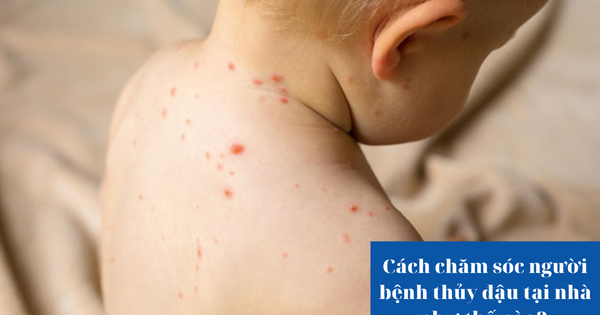








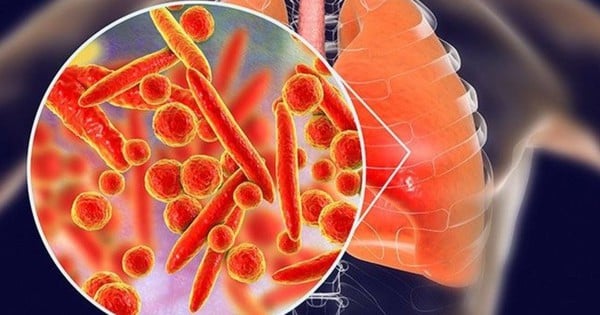


















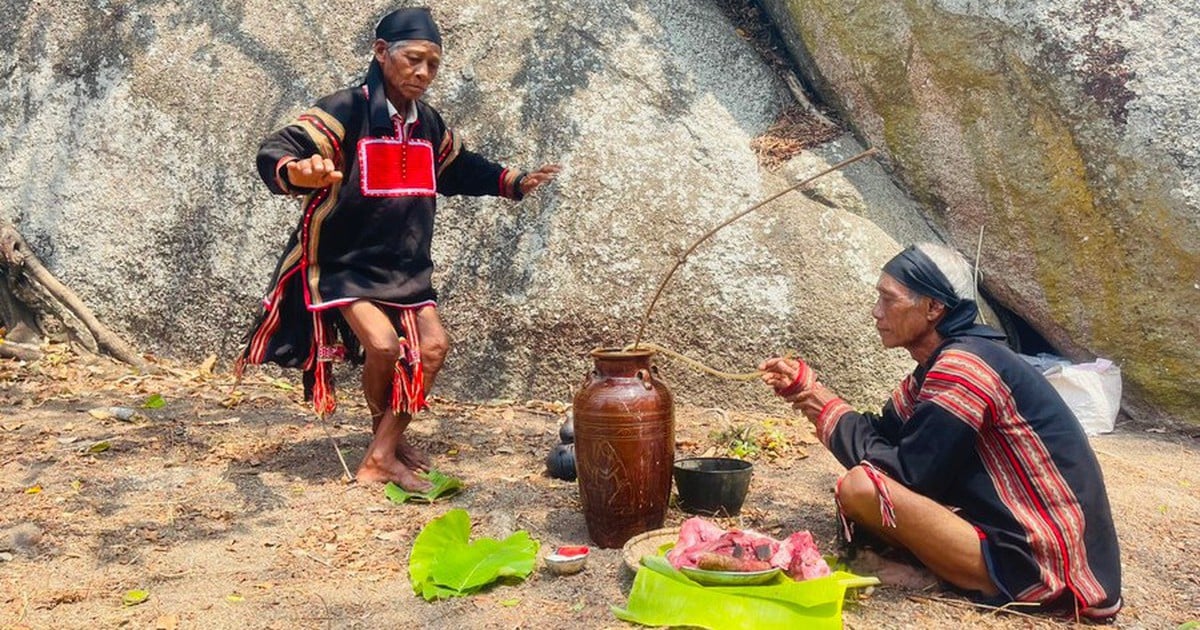



















































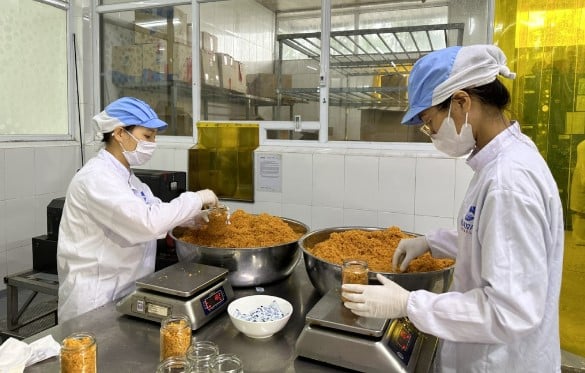




Comment (0)